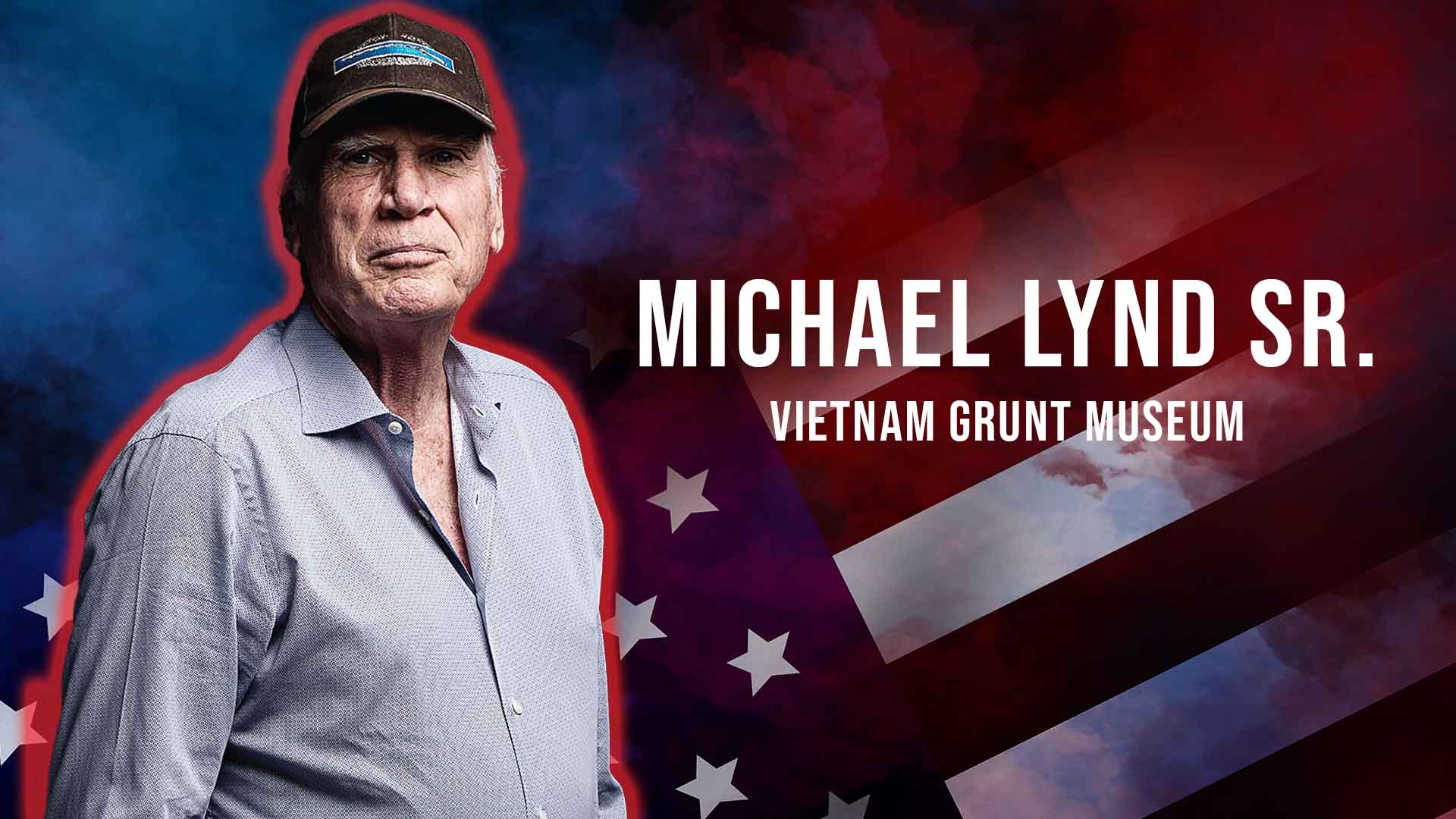We don't get it. Why does the press ask the Secretary of Defense how the United States is going to respond militarily to actions of another nation? We're all about freedom of information, but seriously, why would we tell the rest of the world our tactics or plans? Do you think James Mattis is going to tell everyone that we're going to run the option or throw a fastball down the middle?Asking questions and disseminating pertinent information is incredibly important and basically the job description for the press. When it comes to military actions, we think they should maybe pick better questions. These journalists have only themselves to blame for getting Gregg Popoviched by Mattis.James Mattis was asked what the United States would do if Assad used chemical weapons in Syria. In typical fashion, the measured Mattis said:
"I would never talk about what would come next."
Mattis also told the press that Assad has been warned. Good. That's really all they need to know. We'll respond and that's that. That's all the world needs to know, speaking purely from a tactical perspective. Haven't these jokers ever ready Sun Tzu's "The Art of War"?It's not hard to put two and two together, if we threaten cruise missile strikes, on certain targets, they can move or harden those targets. If we say there will be ground forces involved, the enemy will move to counter that.[caption id="attachment_18665" align="aligncenter" width="640"]

Does James Mattis have to smack a fool?[/caption]Can we get back to a time and place where the journalists actually exercise a modicum of operation security? Maybe we start putting posters up saying "Loose lips sink ships," or "Don't make the enemies job easier." Either way, we applaud Chaos Actual for keeping it close to the chest regarding whatever retaliatory measures we're going to take. In fact, it's about time we have someone running the DoD that understands how to protect our service members and achieve unparalleled success in warfare.



%201.svg)









